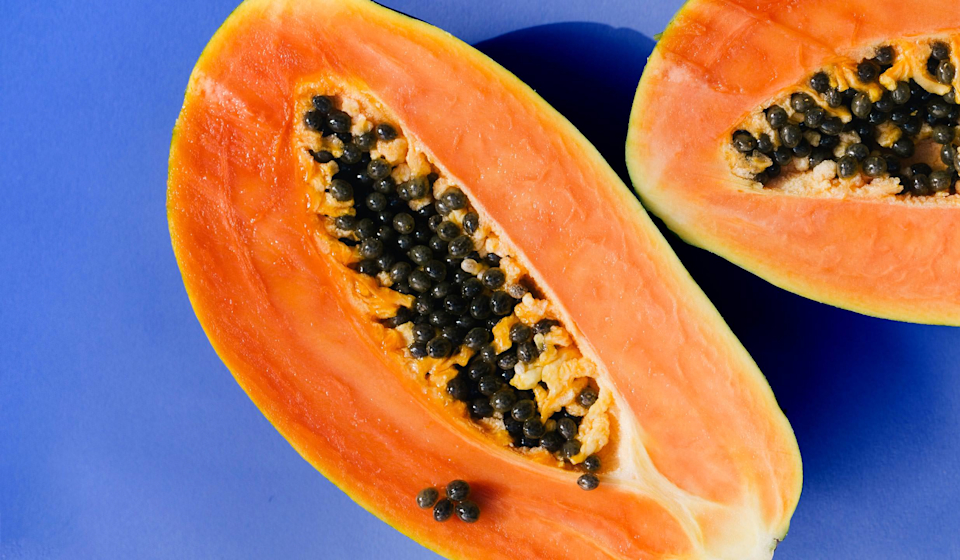Suffice to say that biotin has a bit of a reputation—even if it’s not always entirely accurate. That’s not to say that biotin doesn’t play a role in supporting our health. To the contrary, this B-vitamin (vitamin B7, to be precise) is important for supporting normal energy-yielding metabolism. That makes it especially key during pregnancy. But at the end of the day, we all need biotin—we just might not all need biotin supplementation.*
So, does biotin belong in a multivitamin?
The thing is, most of us get adequate biotin via the food we eat—with the exception of pregnant women, who need a bit more biotin to make sure their daily needs are covered. (We’ll get to that in a minute.)
The adequate intake (or AI) for biotin for both men and women 19 and older is 30 mcg, and the good news is that it’s found in a wide range of foods: Eggs and beef liver are particularly rich sources, but biotin is also found in salmon, sweet potatoes, almonds, sunflower seeds, cauliflower, and avocado, to name a few. Like all B-vitamins, biotin is a water-soluble vitamin. That means your body passes any excess through urination, instead of storing it for later use. (1)
Basically, if you typically aim for a balanced, well-varied diet of nutrient-rich foods, chances are your biotin needs are covered. That’s why you probably don’t need any biotin in your regular multivitamin. (1)



